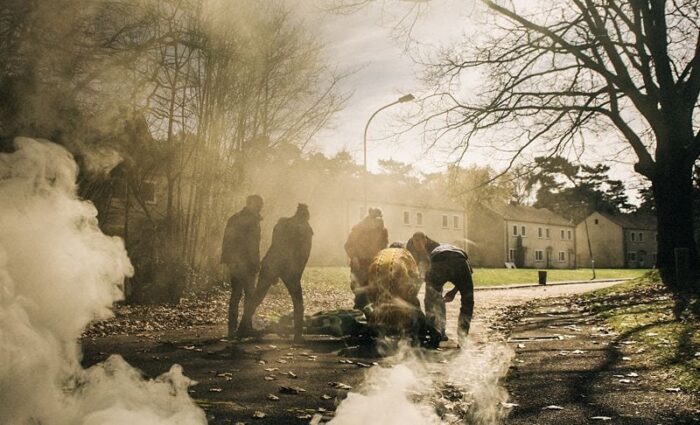Security from Experience III: Interview with Andre Oostrom (Security Advisor FPU)
Andre Oostrom is currently security advisor at Free Press Unlimited and he previously worked for CSD. He has a military background, where security was always part of the work. The military has always had – for obvious reasons – a strong security culture. This forms an interesting contrast with NGOs, where security is secondary to the work done in the field.
Andre was involved in CSD from the very first moment, as a volunteer and later as training coordinator and HR manager. He also worked as a security advisor. Andre never deliberately decided to work in the NGO sector, but he enjoys working in a sector that focuses on long term sustainable development and he believes that with his military background and his degree in human resource development he has been able to make a valuable contribution to security awareness.
While being in the army he has seen and experienced a lot and he knows what the impact of security incidents is on people. He has gotten to know the context in which many NGOs operate. This has also made Andre aware of the importance of security awareness within NGOs.
Balance between documents and reality
The most important element of security management is to make sure that people are aware of the risks involved in their work. Moreover, people need to be trained in thinking in scenarios. This is not something people automatically do, so it is important to prepare people for that. Andre strongly believes that security management is about more than just policy documents: it is about how people behave and think.
An important role of Andre is to make sure that security policy is reflective of the actual situation on the ground and to check whether or not procedures are followed. Security policy should be as simple as is possible and it should be very clear who is responsible for what.
It is important to make sure that policy documents are in line with the actual work done by NGOs. It should support the work done and should not be considered as a burden. That also means that security policies should not be imposed on people: it is meant to support them.
In order for security policies to be effective, it is sometimes necessary to compromise on the ideal policies and adjust it to the reality on the ground because that is the only way to make sure that it works. The main principle for Andre is whether or not he feels that he can confidently say that he has done everything to prevent incidents and to guarantee duty of care. You never know for sure whether your crisis management is optimally functioning, but as a security advisor it is possible to prepare scenarios and to make sure everyone knows what their responsibilities are.
In order to make security policies effective, it is important to integrate them into normal procedures, to prevent situations in which people have to do things twice. This remains one of the biggest challenges for security management.
Preparing for an unsafe world
Andre believes that what is most underestimated, is the impact an incident has on the people experiencing it. People tend to think that an incident will not happen to them and are often likely not to prioritise security issues in their work, for instance because their agenda is already extremely full and they have the perception that they will be fine. An incident will often result in more focus on security, but this focus usually does not last.
The world is becoming less safe and the big challenge is the unpredictability of incidents. Security culture is increasingly important in order to have the creativity and flexibility to deal with unexpected situations. It should be seen as part of your work. Incidents happen suddenly, like for instance in Kenya. It is difficult to prevent all those incidents from happening, so it is important to accept that incidents can occur and it is important to prepare for how to act and what to do if something goes wrong.
Ultimately, security management is a process that never ends. There will always be questions and challenges and it remains important to keep it on the agenda. This is much more difficult if an organisation does not have a security advisor, but it remains important. Ultimately, Andre stresses that he really enjoys his job because it is about people, but it also deals with organisation identity and goals. Every person and situation is unique and that makes it such an interesting area to work in.
